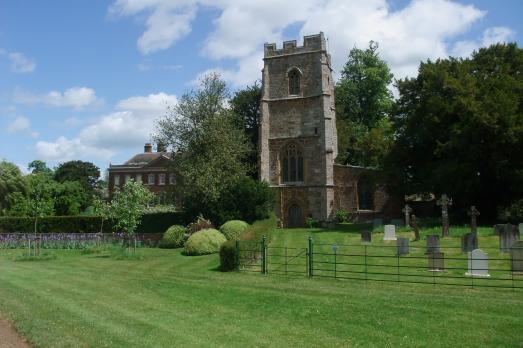
St James
Edgcote, Northamptonshire | OX17 1AG
However you reach it Edgcote feels removed from daily life, out of time.
Search for a fascinating place to visit, or see the variety of churches, chapels and meeting houses we have supported.

Edgcote, Northamptonshire | OX17 1AG
However you reach it Edgcote feels removed from daily life, out of time.
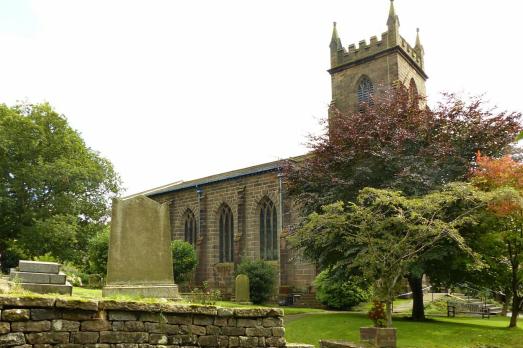
Pateley Bridge, Yorkshire | HG3 5JY
The small Dales town of Pateley Bridge is the main centre of Upper Nidderdale and hosts the last of the traditional agricultural shows of the year, the ‘Nidderdale Show.’
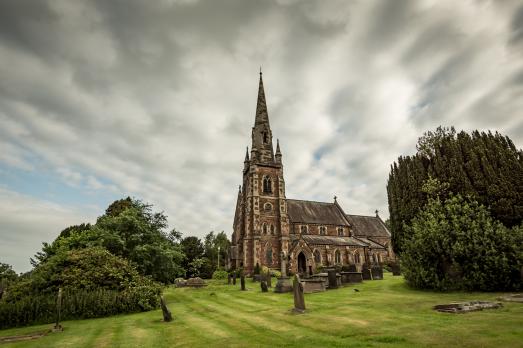
Keele, Staffordshire | ST5 5AT
Village church built 1868-1870 by local landowner in the Gothic style on the site of a 13th century Knights Templar Chapel.
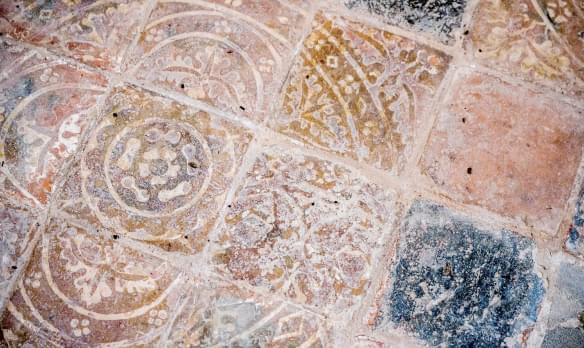
Birmingham, West Midlands | B18 7LF
Birmingham Central Baptist Church (formerly known as Springhill Baptist Church) was established over 150 years ago.
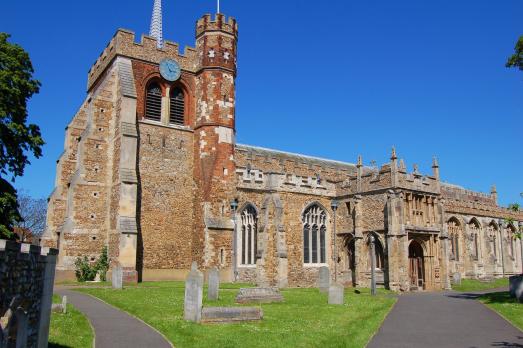
Hitchin, Hertfordshire | SG5 1HP
Hitchin's unpretentious and delightful church has the air of having been very well loved for a very long time.

Kersal Moor, Greater Manchester | M7 3WX
This delightful church was built in 1851-1852.
We have supported this church
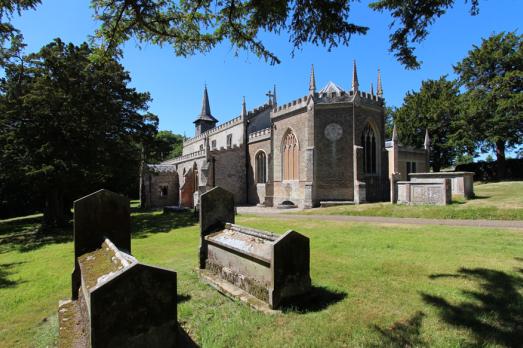
Debden, Essex | CB11 3LD
At the end of a lane leading away from the village, Debden's church is a mixture of building styles from the 13th to the 21st century.

Winson Green, West Midlands | B18 5BU
Lodge Road Community Church is part of The United Reformed Church, we seek to inspire heaven on earth in our neighbourhood.
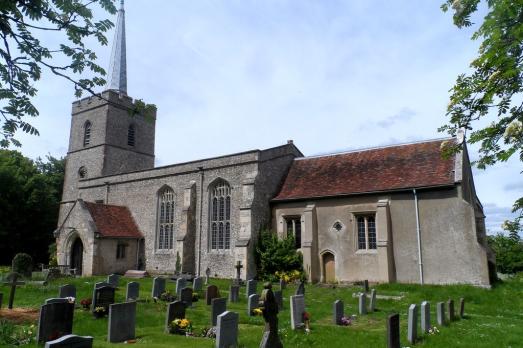
Cottered, Hertfordshire | SG9 9QA
A 14th century gem whose spire dominates the skyline for miles around.
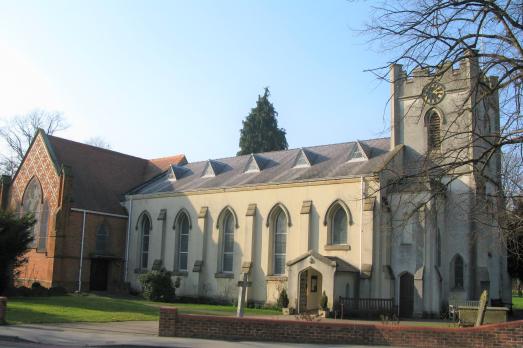
Shirley, West Midlands | B90 2AX
St James’s dates from 1832 and, together with St John’s Tidbury Green and Christ the King in Widney Junior School, serves the Parish of Shirley.
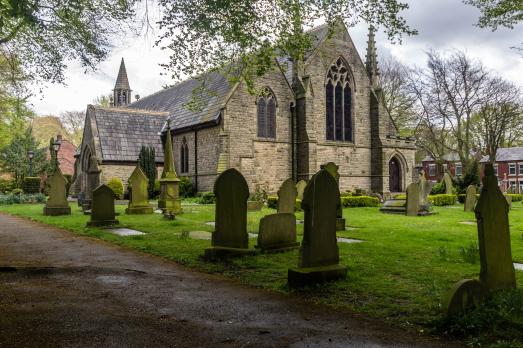
Prestwich, Greater Manchester | M25 2QB
This Grade II listed church sits amongst mature trees with some historic gravestones, and as a result of a fire in 1985 the interior was reordered and transformed.
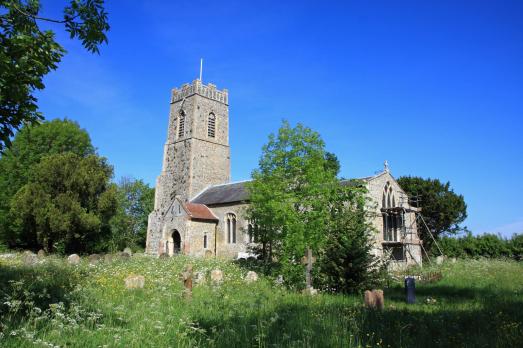
South Elmham, Suffolk | NR35 1NG
A tiny church full of history, discover St Peters and so much more in and around 'The Saints'!